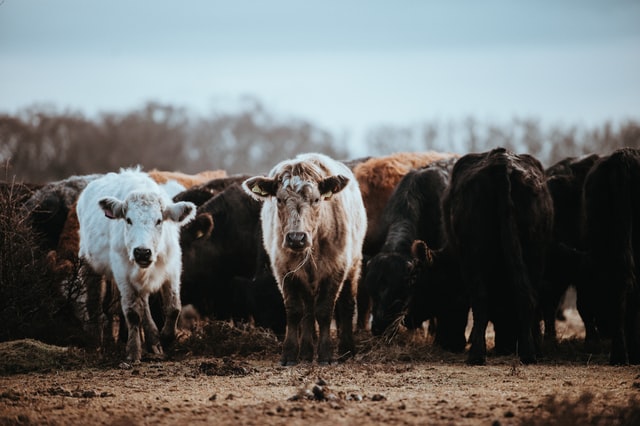Livestock is vital to the economies of many developing countries. Animals are a source of food, more specifically protein for human diets, income, employment and possibly foreign exchange. For low income producers, livestock can serve as a store of wealth, provide draught power and organic fertiliser for crop production and a means of transport. Consumption of livestock and livestock products in developing countries, though starting from a low base, is growing rapidly. Over the last two decades, structural transformation in the agricultural sector of developing countries has seen the spread of contract farming in the production and marketing of agricultural products, in general and of livestock products in particular.
I must explain to you how all this works

Tchorly Farms engages in a range of animals including sheep, goats, cattle and pigs. Each farm is built along standard requirement of disease prevention, ventilation and feed security and availability. Our livestock require basic nutritional requirements which include water and a variety of natural minerals and vitamins for growth and repair. Water is often a forgotten nutrient because it is usually readily available. As a guide, our livestock need two to three times as much water as dry feed, depending on environmental temperatures in the year. Mineral needs can be divided into major minerals and trace minerals. Major minerals that need to be added to the diet include calcium, phosphorus, and common salt. Requirements for major minerals are usually listed as a percentage of the diet. We take into consideration the age, sex and activities of our livestock in deciding their nutritional requirements.
We deliver trucking of our livestock to the required destinations and ensure disease-free. Our farms are inspected regularly and are run by our technical staff. No matter the quantity required and at what interval we are able to deliver based on our efficient livestock production systems. We have several contract types available for all needs of clients from small to large quantities.


